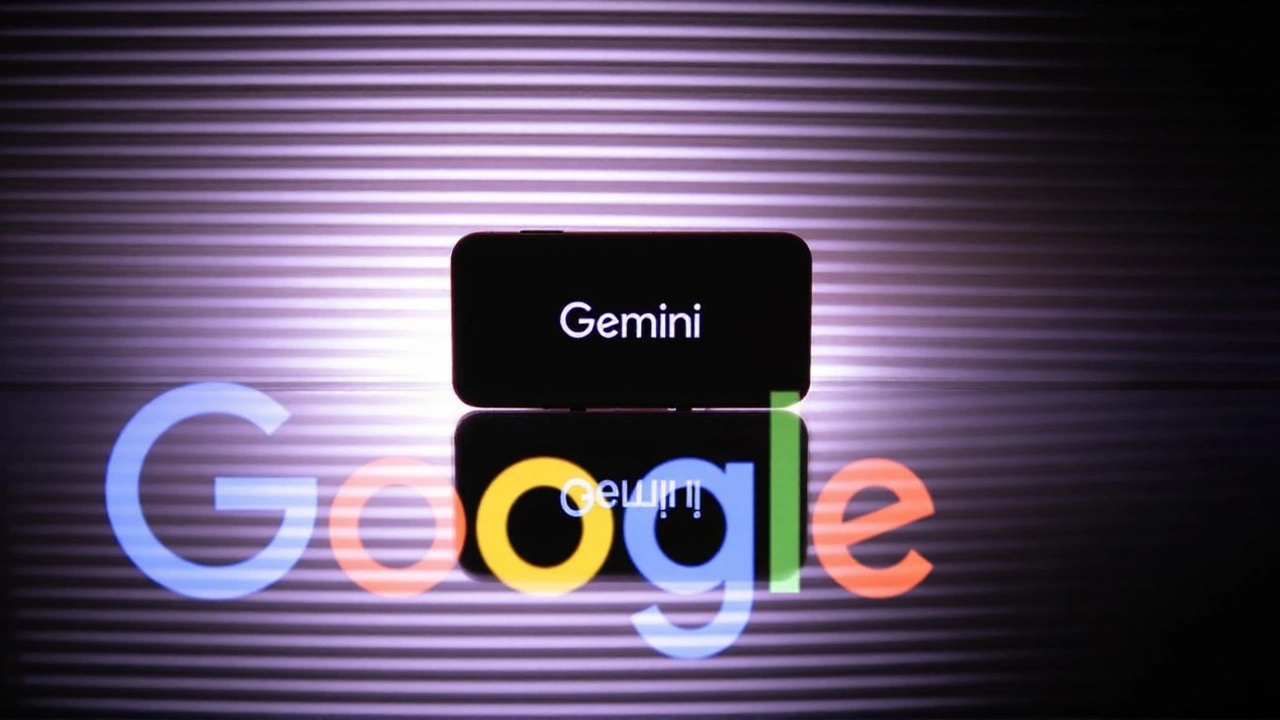SEC settlement with Gemini reached in principle over Gemini Earn

SEC and Gemini move toward a deal after the Earn fallout
The Securities and Exchange Commission and Gemini, the crypto exchange run by Cameron and Tyler Winklevoss, have agreed to the basic contours of a settlement in the agency’s 2023 lawsuit over Gemini Earn, the interest-bearing program that froze customer assets after its lending partner halted withdrawals. Terms weren’t released, but the move points to a winding down of one of the most closely watched crypto enforcement fights in the U.S.
Gemini Earn let users hand over their coins to be lent out for a yield. Behind the scenes, most of those loans ran through Genesis Global Capital. When Genesis froze withdrawals in November 2022 amid a broader market crunch, Earn customers were locked out of their funds. The SEC sued in January 2023, arguing the program was an unregistered securities offering. Gemini rejected that view, saying the product was a straightforward lending arrangement that didn’t require registration.
A resolution in principle means the sides agree on the big pieces but still need to paper the deal. In SEC cases, that usually means a formal document, a vote by the Commission, and then a judge’s approval if the case is in court. Settlements like this often include a cease-and-desist order, compliance undertakings, and a civil penalty. Whether Gemini admits or denies the SEC’s claims will be clear only when the final document is filed.
For customers, this deal is mainly about regulation, not repayment. The cash and crypto returning to Earn users has flowed through the Genesis bankruptcy and related recoveries. Starting in 2024, Gemini said Earn customers began receiving digital assets back in kind, rather than in cash, with additional distributions expected over time as the bankruptcy estate winds down. Because markets have rebounded since the freeze, some recipients have seen higher dollar values than when funds were first locked.
The case became a touchstone for how yield products fit under U.S. securities law. The SEC has long signaled that paying interest on pooled customer crypto looks like offering a security. In 2022, BlockFi agreed to a $100 million settlement over its interest accounts and later shuttered operations. Coinbase scrapped a planned lending product after receiving a Wells notice that same year. Gemini’s deal, once final, will sit squarely in that line of actions and will likely steer how exchanges structure anything promising yield.
Gemini and its executives have also faced scrutiny from state authorities. New York’s attorney general sued Gemini, Genesis, and Genesis’s parent in 2023, accusing them of misleading investors about risk. Genesis later reached a multibillion-dollar resolution framework with the state tied to creditor recoveries. Those developments, together with bankruptcy court approvals, enabled the customer repayments now underway. The SEC settlement doesn’t rewrite that history but removes a separate regulatory overhang for Gemini.
If you’re wondering what changes next for the exchange, watch for compliance upgrades. Post-settlement, firms typically implement clearer disclosures, tighter counterparty risk limits, and more conservative product design. Don’t expect a quick return of Earn-style interest accounts without explicit regulatory sign-off. More likely, Gemini will keep focusing on spot trading, custody, and staking services with stricter guardrails.
For the broader crypto market, the signal is practical: yield programs can’t live in gray zones. If companies want to offer returns, they’ll need to register, qualify for an exemption, or redesign products so customers understand where the yield comes from, what the risks are, and who bears a loss if a borrower fails. That transparency is the cost of doing business at scale in the U.S.
SEC settlement terms can vary, but one constant is paperwork. Expect a consent judgment to hit the court docket if the Commission signs off. Then we’ll see the size of any penalty, whether there’s an industry bar for specific activities, and the scope of any reporting requirements. Until then, “resolution in principle” is a signpost, not the finish line.

The road to a deal: key moments
- November 2022: Genesis Global Capital halts withdrawals. Gemini pauses Earn redemptions, leaving customer funds stuck.
- January 2023: The SEC sues Gemini and Genesis, saying the Earn program was an unregistered securities offering.
- Late 2023: New York’s attorney general files a separate case targeting Gemini, Genesis, and Genesis’s parent company over alleged deception.
- 2024: Bankruptcy court progress leads to distributions to Earn users. Gemini says assets are being returned in kind, with additional tranches to follow.
- 2025: SEC and Gemini reach a resolution in principle. Final terms will be filed after internal and court approvals.
What to watch next: when the final consent papers land, how big the penalty is, and what compliance promises Gemini makes. Also watch whether Washington or Congress moves toward clearer rules for yield and staking. Companies can plan around rules; they can’t plan around fog.
